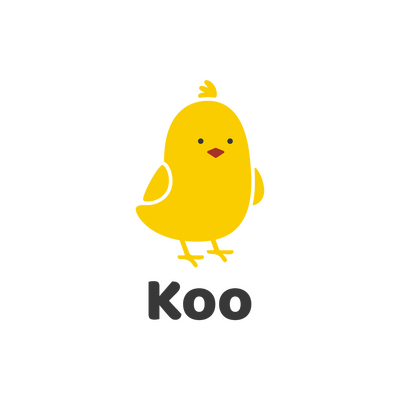Vokal – The Largest Knowledge-Sharing Platform For India’s Non-English Speaking Segment
- Published
- Reading Time
- 2 minutes
When Aprameya told me he had originally narrowed in on audio and rich media, targeted only at regional languages as the area that he wanted to solve for, I was elated. While there will be many winners in the space, I was glad that one of our breakout Fund I founders was choosing a difficult and valuable problem to solve for. From TaxiforSure to Vokal, Aprameya has loved pondering about what he can tackle at massive scale, and deliver massive impact.
It was as long ago as early 2015 when I penned a piece for YourStory on the Vinglish Internet. While vernacular and social crept into popular startup parlance about 18 months ago, we, at Blume, saw this as inevitable. The surge of content consumption prompted by Jio took even ardent believers like us by surprise.
While existing video content platforms from TV and Youtube and early leaders like OML, TVF, etc took advantage of the Jio-led explosion and while some platforms like ShareChat (over the last year or so) and DailyHunt (from years) had an early start in the space, it was also inevitable that dozens of content platforms were yet to be born. Aprameya quickly assembled a team that was equally passionate about the problem to be solved for the next 500 million internet users and chipped away at the iterations that would bring Vokal to its current avatar. (It’s no different for any of the regional language platforms that have been built mobile first for this large and exciting new user base – lots of tinkering needed to keep evolving with the customers’ needs and engagement). We have also pushed forward on this thesis on other formats, backing stellar founders like Gaurav Munjal (founder of FlatChat) and the team at Unacademy and Sumit Jain (founder of CommonFloor) and the team at Opentalk.
We’ve always enjoyed our joint investments with Accel and we are also doubly delighted to welcome Shunwei on this leg of the journey in what is our 3rdco-investment.
We are all believers in the team’s passion to find an answer to what a Quora and a Twitter will struggle to solve for, for this new found Indian Internet audience – the questions and concerns and views that they have. As a platform that finds answers, addresses their daily questions and builds an emotional connect that an interactive medium provides very differently from broadcast mediums (which were the only scaled choices that customers had in these languages before), we are excited to see Vokal build towards the massive scale opportunity that exists here.

